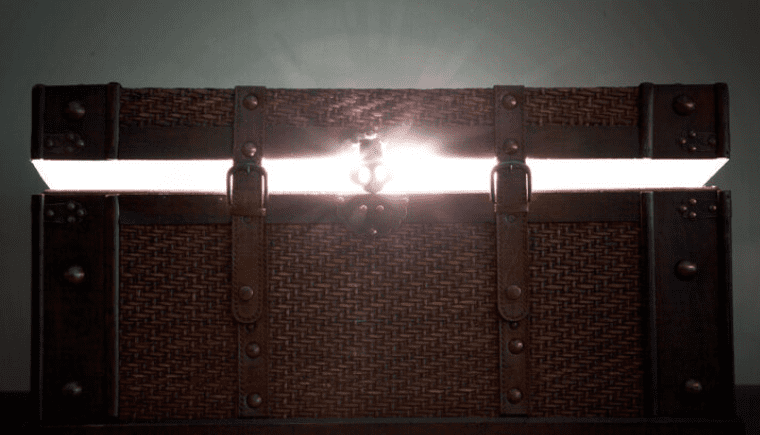
- The world needs people of faith inviting every nook and cranny to the morality of their King.
Much has been written about New York City and the mayoral election there. And, as far as that goes, Jackson, MS, and its mayoral race, too.
It reminded me of a George Will column from 1991. If memory serves, he was thinking about New York City when he said, “What America needs is a John Wesley, who rode Britain’s rural roads and city streets, evangelized the underclass, exhorting pride and combating family disintegration by reforming behavior.”
If this were true over 30 years ago for America, all the more so now for New York City and beyond. What New York got in the ‘90s was David Wilkerson, Tim Keller, and Rudy Giuliani, the latter of whom famously attacked crime with gusto and made NYC investable and visitable again. Wilkerson and Keller, for their parts, had ministries in the 90s and beyond that targeted addicts, the poor, and the marginalized (Wilkerson) and mentored future leaders for church planting, apologetics, and a robust orthodoxy (Keller).
Concerning John Wesley, he faced an England that was, in most ways, far worse than anything facing New York or Jackson today. Spiritual vitality among churches was low, and the clergy were lethargic. Gin was sucking the life out of the people with many infant deaths occurring because it was used from bottles to put babies asleep at night. Sexual degeneracy was rampant, and a historian commented that gambling was so out of control that England could be characterized as “one big casino.” Public executions were thought of as great forms of entertainment as were public punishment (floggings, stocks). Bear-baiting and cockfighting were great public opportunities for betting and amusement. Child labor was ubiquitous, urban slums the norm. The legal system was harsh and unfair with hundreds of offenses punishable by death. Parliament was run by bribes and patronage with the poor having no voice at all. Illiteracy was rampant and education extremely limited.
To this Wesley rode in on a horse and preached in the fields to the poor, gathered the willing into societies, classes, and bands, taught them works of piety and mercy, moved to the darkest parts of the nation, and applied a strong mix of righteousness and love.
It is said that this basic program, utilized over the majority of the 18th century, put “the toothpaste back in the tube” of an England headed towards a French revolution.
John Calvin was similarly focused in the 16th century on the Bible and its impact on culture by preaching multiple times per week and insisting that faith touched all aspects of life, not just the inner life of religion. Geneva thus banned or regulated gambling, drinking in excess and prostitution. Literacy and schools were promoted as were just wages, fair lending and generosity towards the poor. The hospital system was expanded and, as a result of these pushes and more, Geneva became a model city for prosperity, industry, care for exiles and a launching pad for the Reformation across Europe.
What Wesley, Calvin and many others throughout Christian history recognized is that a private religion that is concerned solely with what is going on in one’s own heart and inside their local church is no religion at all. The salt of the earth and the light of the world was just that…a people of faith fully intending to invite the whole world (and every nook and cranny therein) to the morality of their King.
Anything less watches a world move towards the book of Judges where “everyone did what was right in their own eyes.”








